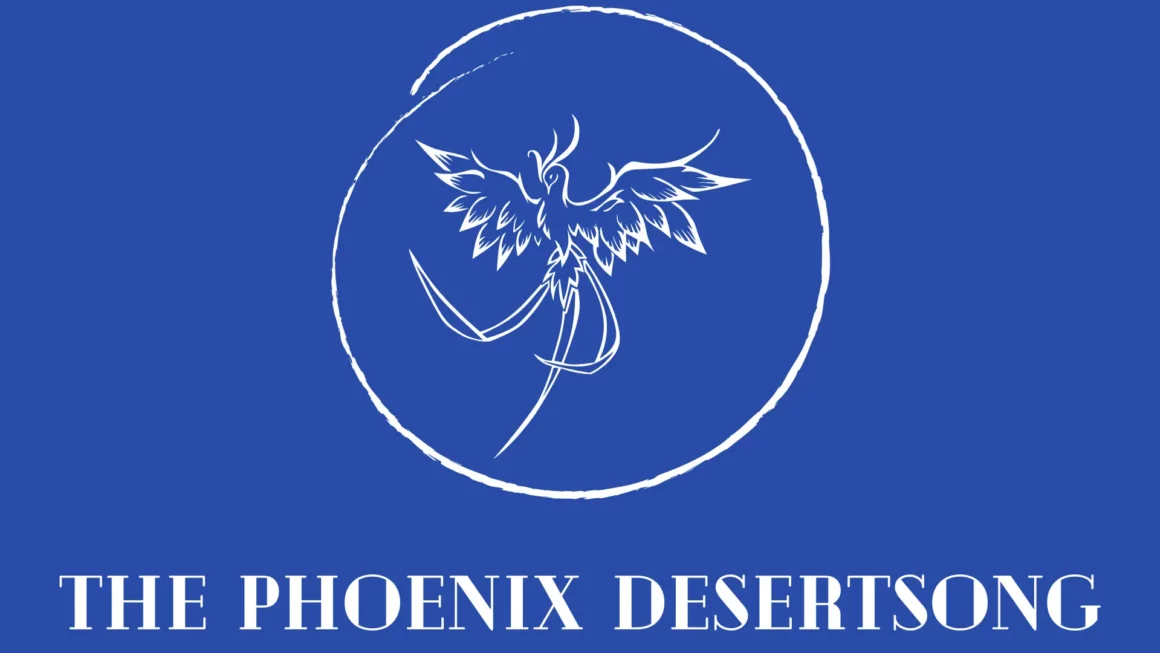One of my greatest difficulties is setting the bar for expectations in my work much too high. It’s as if unless I produce a masterpiece daily, then I failed not only myself, but everyone who has and ever will read my words. Of course, whenever I try lowering the bar, I find myself producing nothing worth making public. Finding that balance of good enough to post but also valuable to others is much easier said than done. It’s also why I have difficulty being consistent with any kind of schedule.
Oftentimes I’ll find myself at such a loss that I’ll take an older post, revise it, and schedule it that day on my website. But, I then feel guilty that I’m publicizing something recycled, and often haphazardly, without any context. Of course, it’s simply not realistic to produce a 2,000-word in-depth essay every single day and keep up any modicum of quality.
To be fair, I was only forcing daily posting because of the trend I was seeing in blogging. I tried going down to just biweekly, then again down to weekly posts. My traffic evaporated. Realizing that I had to become a literal prose machine to keep up with the whims of the search engine gods, I had to come up with a compromise.
I’ve decided that while I’m still going to try writing everyday, I’m not going to beat myself up on days when I simply can’t pass the bar. Instead, I’m focusing on writing much shorter posts. This way, I’ll be able to still have works in my queue that are fresh. Unfortunately, that doesn’t solve the bigger problem of my site losing relevance within days. So, part of the compromise with myself is that I have to recycle existing posts to be rereleased on a regular basis. While I do run the risk of reader fatigue — seeing the same posts run again and again — plenty of major websites repackage content all the time and a lot of people don’t seem to notice.
Also, I still seem to always have essays in my writing archive that for one reason or another are on my back burner. I have far more ideas than I can keep up with, so there will always be something I’m tweaking for a future release or rehash. I’ll also publish “bonus material” for days where a full essay isn’t in the cards. But, even with being a bit more loose about the length of pieces, I’m only publishing works that I feel are worthy of being reintroduced in an updated form.
What am I trying to do with my writing?
Over the past couple years, I’ve been losing sleep over what I intend to do with my other website called Obscure Curiosities. This is the site that deals with hobbies, pop culture, and more in-depth topical content. Meanwhile, my main site in the Phoenix Desertsong is focused more on philosophical and general subjects.
Still, the very definition of “obscure” invites a great deal of uncertainty all in itself. Google offers the adjective definition of “not discovered or known about, uncertain” with synonyms such as unclear, unknown, mysterious, concealed, or hidden. Yet, many of the things I write about aren’t at all obscure unless I mean the latter meaning of “uncertain,” which then introduces a whole disconnect between what I consider curious and what the masses seem to believe.
By curiosities, I could mean one of a couple different angles. Curiosity could mean “a strong desire to learn or know something” or instead refer to “a strange or unusual object or fact.” I’ve come to feel recently that good writing is only useful if it satiates some curiosity. With my own writing, I feel as if I don’t even know what I’ll ramble on about next. It’s only my own intense curiosity on what I’ll spit out next that keeps me writing.
Many days I feel like I write about both nothing and everything at the same time. I’m always keen on how seemingly unrelated things can find themselves related if you involve enough degrees of separation, using my writing to make connections that shouldn’t seem to exist.
Perhaps, the most obscure curiosities of all involve the very words we use. There are so many metaphors, turns of phrases, and colloquialisms that we use much without thinking. Yet their true origins are often obscured to us. So, today I’ve decided, every time I unwittingly use a metaphor that must have a rich and hidden history, I should go about demystifying it. But as Obscure Curiosities is more about cultural artifacts, it seems that Obscure Curiosities is mostly about the latter and my main site primarily the former.
Now that we’ve established that Obscure curiosities is probably mislabeled, let’s now set out to answer the question I begged with the very title of this essay.
What does it really mean to “set the bar?”
According to Oxford Languages, to “set the bar” means to “fix the standards which need to be met in order to qualify for something.” In my case, these standards are self-imposed, but in many cases, standards are often set by organizations to achieve some sort of parity. So, where did the phrase itself come from?
To my surprise, the phrase “set the bar” dates to only the 1950’s, according to ProWritingAid. The idiom is derived from pole vaulting, particularly regarding university track and field events. In pole vaulting, the higher you set the bar to jump over, the more skilled you must be as an athlete to properly clear that bar. Setting that bar too low means no challenge, whereas setting it too high means you may create a very high chance to fail.
The article on ProWritingAid remarks that the sport of modern pole vaulting has existed since the 1850’s, but the phrase only came about nearly a century later. It’s believed that the phrase was coined with the invention of pole vaulting equipment using composite materials, which meant you could literally set the bar higher for successful vaults much more safely.
While most people probably couldn’t give two licks about pole vaulting these days, outside of perhaps the Olympics, this phrase has become so commonplace that its origins have become obscured. Were it not for websites like ProWritingAid who have made it a point to backtrack cliches and idioms of the English language, these turns of phrase indeed would be no more than obscure curiosities to most of us.
Now that we’ve learned about what it actually means to “set the bar,” we can now better understand the issue with not setting high enough expectations VS setting unrealistic expectations. After all, writing is an exercise, one that requires a certain set of skills just like pole vaulting. Granted these skills are vastly different, but as you improve in your given skillset, the bar, if you will, must be raised commensurate with your talents and previous accomplishments.
How I’ve decided to set the bar for my own writing
While I’ve authored thousands of essays, articles, and other written bits over the past decade and beyond, I’ve never once been able to stick to a consistent plan. I’ve tried certainly, the fruits of which have been repurposed into other forms over time. But now, between TPD and Obscure Curiosities, I’m declaring the bar to be set much higher. In doing so, I also have instituted a clear divide. Anything hobby or interest related goes to the latter. That leaves room for the less specific stuff to end up on TPD.
In any case, I seek to explore a topic with as much depth as I can. On obscure curiosities I’m looking at topics from fresh angles. With TPD, I’m seeking ways to take the pith of each of my ramblings and find something actionable both you and I can take away from them. I can’t just ramble on and call that good writing. If it’s not useful, what’s the point of it? But, I’m fine with my main site not getting the search hits that my more “mainstream” site gets because each site serves a different purpose.
As I’ve come to realize over the past few years of watching countless documentaries, there are hidden truths behind everything. But, now that I’ve learned how to separate the general interests over to Obscure Curiosities, I can focus on my philosophical and esoteric musings on my main site, with some writing wisdom sprinkled in here and there. After all, what’s the point of even writing if it wasn’t to make your world just a little bit less mysterious every day?
So, I’ve come to terms with how I want to be consistent and true to myself with writing. I’m going to just write about what I want, trending topics be damned. I have the time and space to explore my thoughts and curiosities in depth, and it would be a crime to waste my skillset in not sharing these things with you. Sure, some things have shocked me and taken hold in Google. But at the end of the day, that’s not what matters. It’s finding truth at the bottom of the well, for whomever may be fortunate enough to share in its discovery.
~ Amelia Desertsong




One thought on “Setting the Bar for My Writing”
Comments are closed.